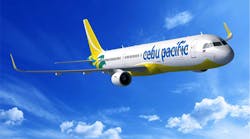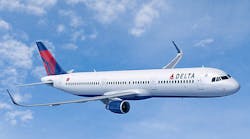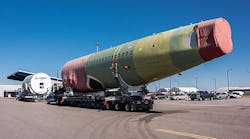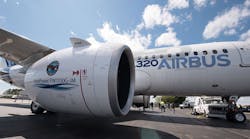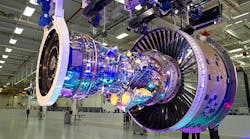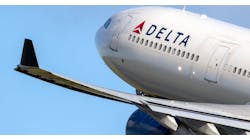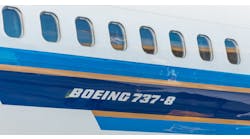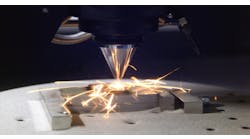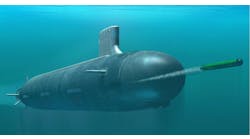Cebu Pacific, a Philippines-based low-cost airline, placed an order with Airbus for seven A321ceo aircraft. The OEM described this order as driven by the growing demand of Cebu Pacific’s domestic and regional network. “With the A321 Cebu Pacific will be able to respond to growing demand with the highest levels of efficiency,” according to John Leahy, Airbus chief operating officer for Customers. “Carrying more passengers further, and at lower cost, the A321 is the perfect solution to meet the requirements of airlines worldwide in the middle of the market segment.”
Airbus did not indicate the value of the new order, but listed prices for the A321 series suggest a cost of $805 million.
The A321ceo is the “current engine option” for the short- to medium-range, narrow-body aircraft powered by dual CFM56 turbo-shaft engines. It is designed to carry up to 236 passengers with a maximum range of 3,200 nautical miles or 5,900 km (or 3,700 miles.)
Airbus notes that the A320 is the world’s best-selling single-aisle aircraft, with more than 7,500 jets having been delivered to some 400 customers and operators worldwide.
“We are very excited about adding the A321 to our fleet,” stated the airline’s president and CEO, Lance Gokongwei. “The aircraft will enable us to increase capacity on popular routes, while at the same time benefiting from the lowest operating costs in this size category. This will mean more low fares for more customers flying across our domestic and regional network.”
This new order follows an earlier contract from Cebu Pacific for Airbus to supply 32 A321neo jets — the “new engine option” — for which deliveries are scheduled to start next year.
In fact, Cebu Pacific has deferred the deliveries of those jets to the fourth quarter of 2018, as a consequence of production delays involving Pratt & Whitney PW1100G engines.
